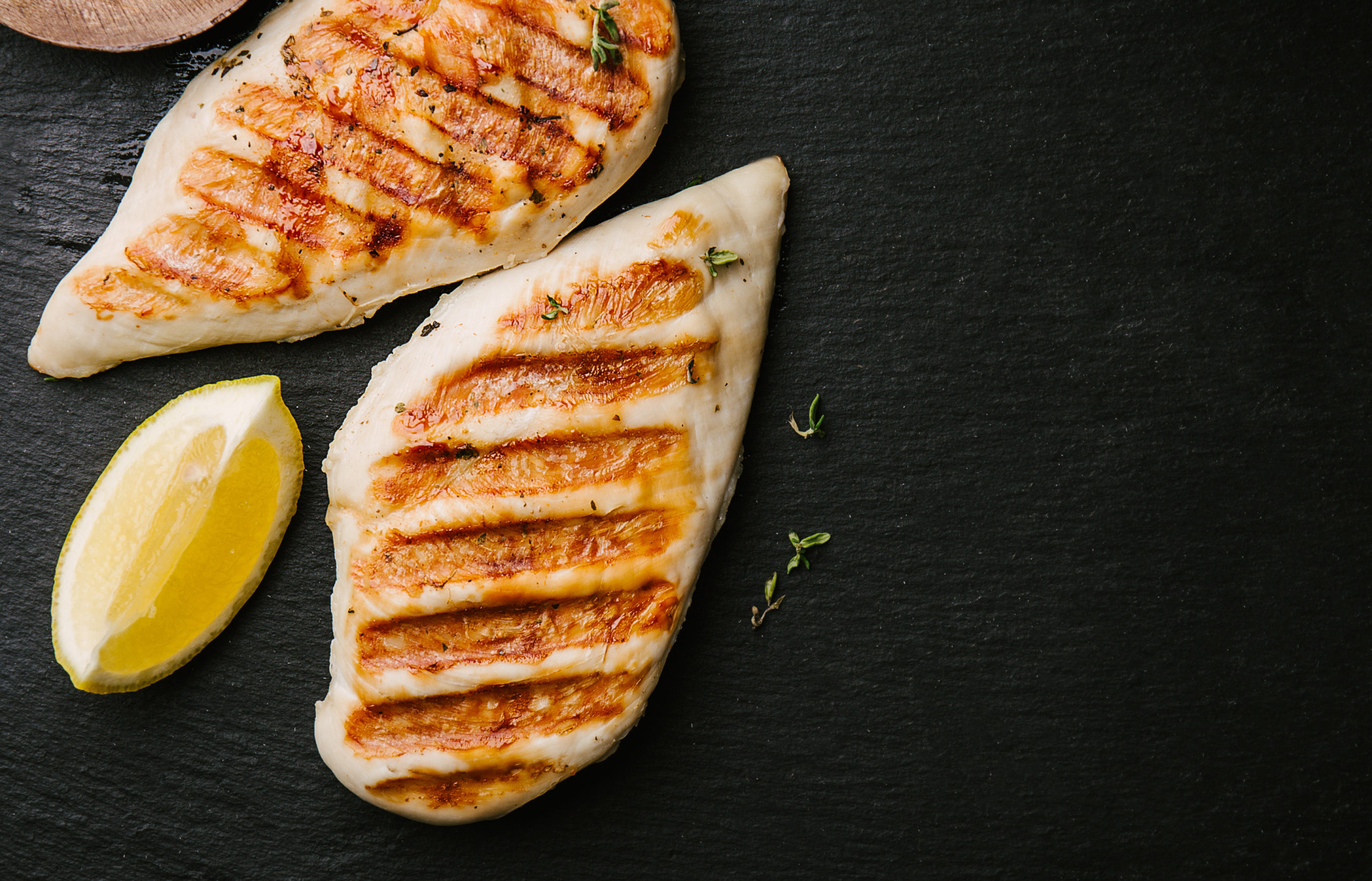What you’ll learn:
- Ultra-processed foods have been linked to increased risks of serious health issues such as diabetes, cardiovascular disease, and stroke.
- The ultra-processed food category encompasses a wide range of items, including healthier options alongside less nutritious choices.
- Instead of categorizing ultra-processed foods as entirely “good” or “bad,” a balanced approach that emphasizes moderation and overall dietary patterns is suggested.
From the breakfast cereal that jump-starts your morning to the frozen dinner that saves time after work, ultra-processed foods have become the quiet architects of modern eating. But these convenient shortcuts may come with a cost. According to a recent study published in The Lancet, these foods are associated with an increased risk of cardiovascular disease, coronary heart disease, and stroke.
Here’s the thing: the ultra-processed category is vast. Foods like sweetened Greek yogurt and whole-grain bread are lumped beside processed meats, sugary beverages, and desserts. “Most people would probably agree that whole-grain bread is healthier than birthday cake. But both are considered ultra-processed foods,” says Kayla Reynolds, MS NASM CPT, Noom’s Director of Knowledge, Learning & Behavior Change Curricula.
While, yes, optimally, you’d eat foods as close to their natural state as possible, we all live busy lives. If you need a quick snack, a container of strawberry Greek yogurt will nourish your body more than a cup of ice cream. (But remember, unsweetened Greek yogurt with fresh strawberries is still a more nutritious choice!)
Rather than thinking of ultra-processed foods as “all good” or “all bad,” it’s best to take a practical approach. While fresh and minimally processed foods are often optimal, some ultra-processed foods can be a part of a healthy, balanced diet when enjoyed in moderation. “Overall dietary patterns are more important than any single meal or food choice,” says Reynolds.
We know food choices are never simple, so let’s break down ultra-processed foods, why they matter, and how, with the right guidance, you can choose wisely for your health.
What are ultra-processed foods?
Ultra-processed foods are significantly altered from their natural form, often containing added ingredients like artificial sweeteners or preservatives. This category includes a wide range of items, complicating matters further, as some foods can be found in both minimally processed and ultra-processed varieties. Here’s a quick guide to help you differentiate between them:
Minimally processed foods have undergone slight alterations but retain most of their original nutrients and structure. Examples include frozen, washed, or precut vegetables and fruits, whole grains like brown rice and steel-cut oats (without added sugar), dried lentils and beans, nuts, seeds, and ground coffee.
Processed foods have been altered from their original state. Most foods are processed to some extent. For example, canned veggies and beans, canned tuna in water, all-natural peanut butter, white flour, and store-bought applesauce are all processed foods.
Ultra-processed foods are significantly transformed from their original state. They often contain extra ingredients (like sugars, oils, or salt) or other additives (like preservatives or artificial flavors). Think packaged snacks, soda, and processed meats.
The overlap between these categories can be confusing. For instance, fresh, washed corn is considered minimally processed. It shifts to processed when it is canned and then to ultra-processed when made into corn chips since additional ingredients, such as sugars, preservatives, or artificial flavors, are added.
Real results with a personalized weight loss program
Take the quiz!

Here’s how to spot an ultra-processed food
Check out the nutrition label and ingredient list to determine if a product qualifies as ultra-processed. If you notice high levels of added sugars, sodium, or a lengthy list of ingredients that are difficult to pronounce, the food is likely more processed. Here are some specific things to look for:
- Added sugars: High fructose corn syrup, glucose, and maltose are common examples.
- Artificial sweeteners: Watch for sweeteners like sucralose, aspartame, and saccharin.
- Preservatives: Ingredients such as sodium benzoate, sodium nitrite, and BHA/BHT indicate processing.
- Emulsifiers and stabilizers: Look for ingredients like lecithin, carrageenan, and mono and diglycerides.
- Refined oils: Hydrogenated or partially hydrogenated oils (trans fats) are red flags.
- Flavor enhancers: Words like “natural flavors” or “artificial flavors” can indicate added chemicals.
- High sodium content: A large amount of sodium per serving can be a sign of ultraprocessing.
Ultra-processed foods that you can include in your diet
The key thing to remember is that ultra-processed foods aren’t “bad,” and unprocessed or minimally processed foods aren’t “good,” says Reynolds. Some foods are more nutritious than others, but we shouldn’t be thinking about foods as good or bad. And, while higher total ultra-processed food intake is associated with increased risks of cardiovascular disease and other health issues, this doesn’t necessarily mean that they are the cause. Genetics, exercise level, and various lifestyle factors can also increase the risk of these conditions. It comes back to what ultra-processed foods you’re eating and in what quantities.
Some ultra-processed foods can fit into a healthy diet. “Better-for-you” options include those with:
- Less added sugar, sodium, and saturated or trans fat
- Fewer additives (gums, artificial sweeteners, preservatives, etc.)
- Protein and fiber
- Vitamins and minerals
If you’re going to lean on ultra-processed foods for convenience, consider these options:
- Prepared meals that are low in sodium and include a balance of protein, carbs, and fat
- Whole-grain bread and whole-grain products, like air-popped popcorn
- Protein bars with minimal and/or more wholesome ingredients
Ultra-processed foods that you should limit
Research has linked three categories—processed meats, sugary beverages, and artificially sweetened beverages—to increased risks of cardiovascular disease and weight gain. Here is a full list of foods you should limit:
- Processed meats: hot dogs, bacon, chicken nuggets, deli chicken, etc.
- Sugary beverages: soda, energy drinks, and juice
- Artificially sweetened beverages: diets sodas
- Anything full of additives (gums, artificial sweeteners, preservatives, etc): sugary breakfast cereals and bars
- Anything void of fiber, protein, vitamins, and minerals: packaged chips and snacks, white bread and bread products
If you plan on including these foods, eat them in smaller portions less frequently.
Balancing ultra-processed foods in your diet
At Noom, we understand that convenience, affordability, and flexibility are essential to sticking with a health plan. Rather than avoiding ultra-processed foods altogether, here are practical ways to incorporate them:
- Make minimally processed foods the mainstay. Focus on fresh produce, whole grains, lean proteins, and minimally processed low-fat dairy.
- Choose healthier-for-you ultra-processed options. Some canned soups, well-balanced frozen meals, and sweetened Greek yogurt are “better-for-you” ultra-processed foods that offer convenience and important nutrients. When in doubt, use Noom’s food lookup tool to check the color and nutrition information.
- Balance ultra-processed foods with high-fiber and protein-rich items. This can help moderate blood sugar spikes and support sustained energy. Try pairing chips or crackers with fresh veggies and dipping them into hummus or a low-fat dip made with Greek yogurt.
- Enjoy food mindfully. Negative emotions around eating can impact your relationship with food. Practice self-compassion, knowing that each meal doesn’t have to be “perfect” to be beneficial.
While ultra-processed foods can be part of a healthy diet, make sure to balance your choices and choose foods that help support your health goals most of the time.
Find balance, not perfection, with Noom
Food should be enjoyed, not feared. Moderation and mindful eating can make all the difference. Noom is here to guide you toward choices that support your well-being without restrictive rules.
Incorporate ultra-processed foods into a balanced lifestyle, and enjoy the foods you love without guilt. Start your journey to healthier eating with Noom—find the approach that works for you by filling out our questionnaire today to see what’s possible.







